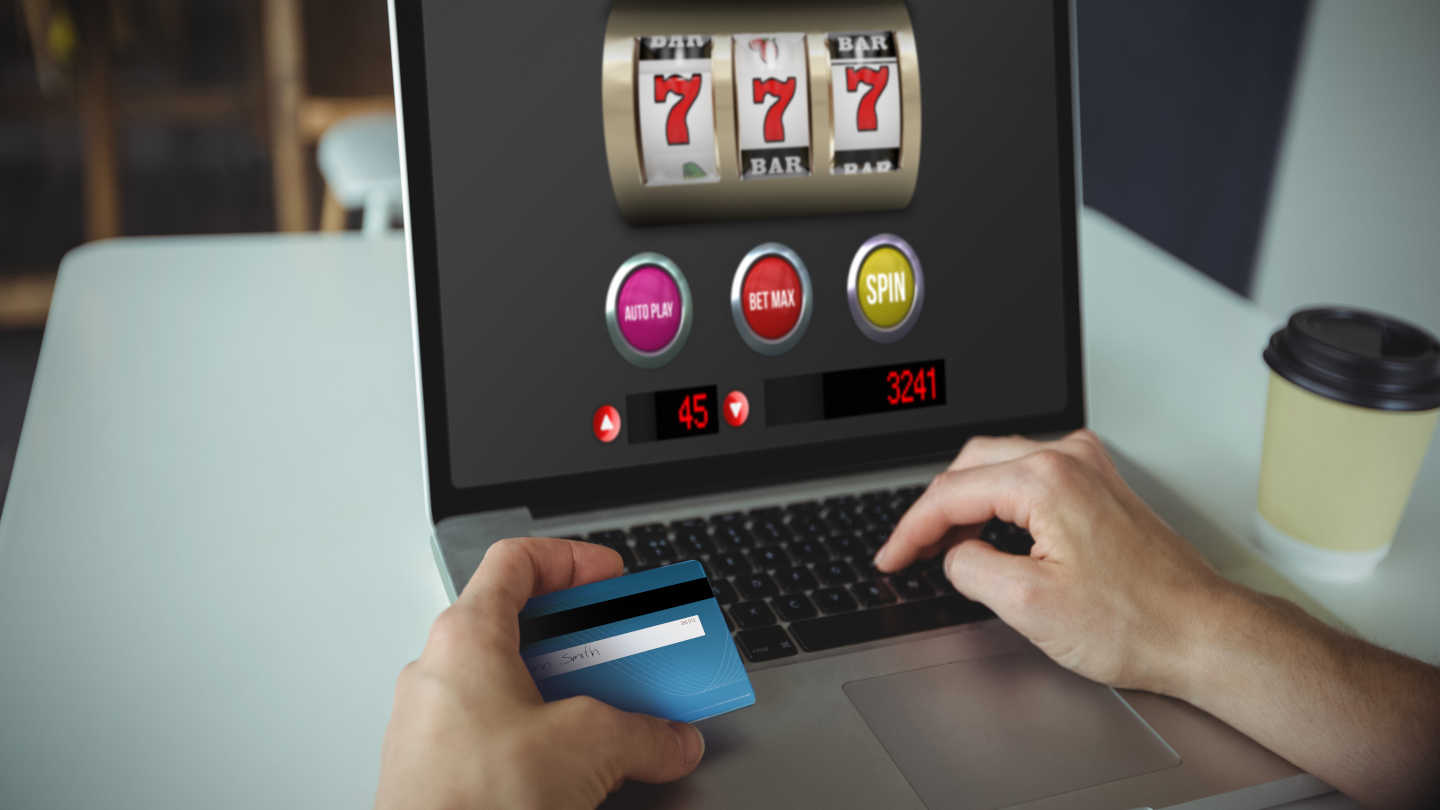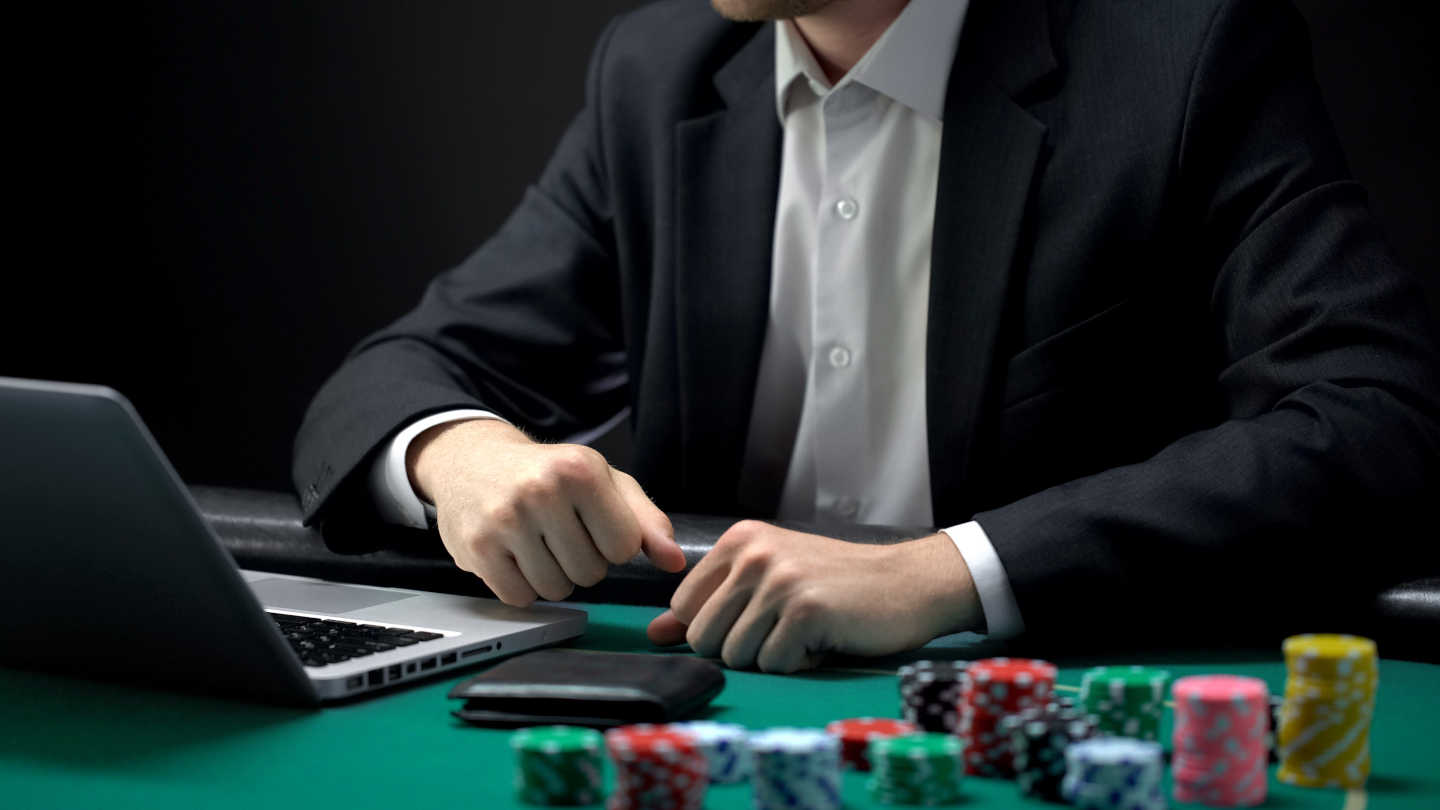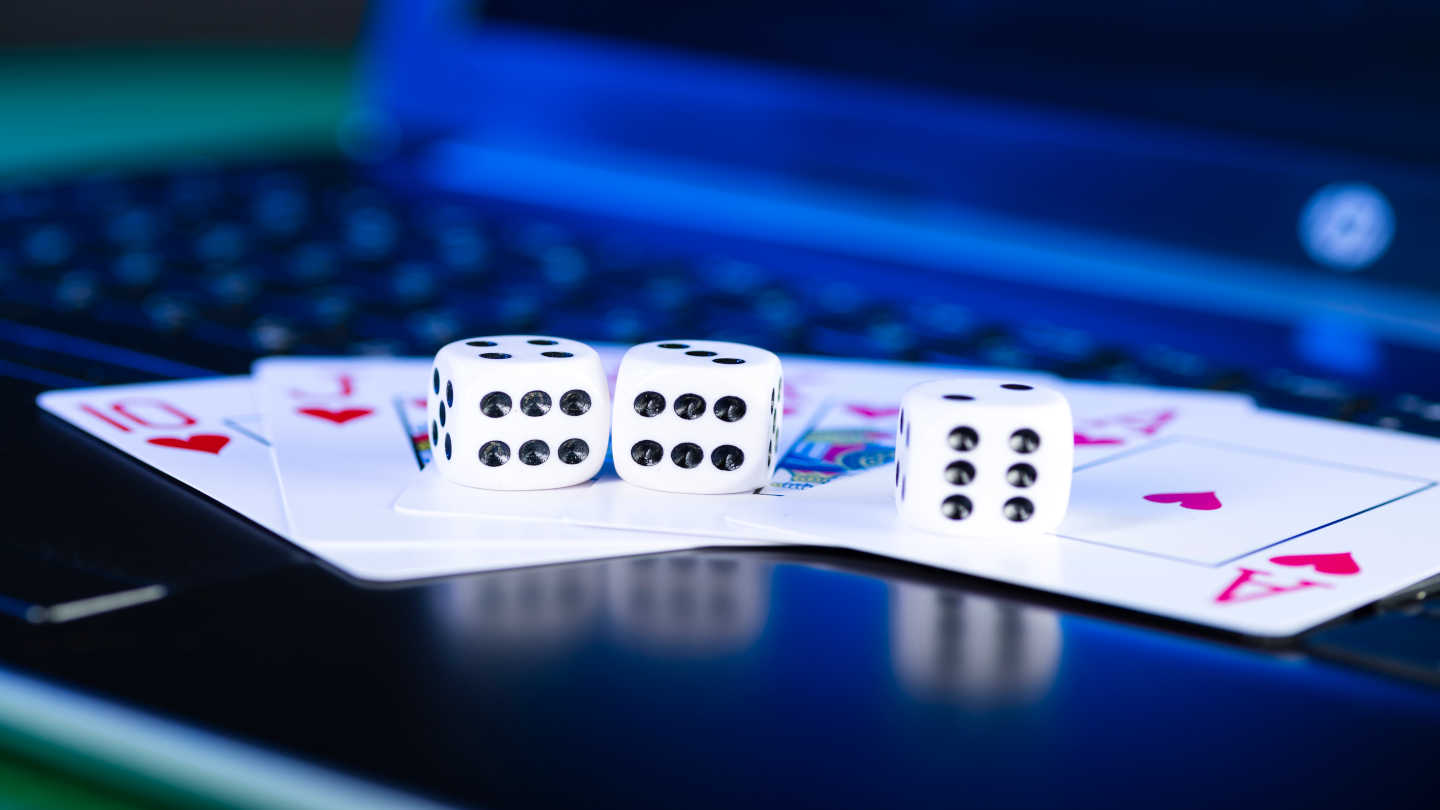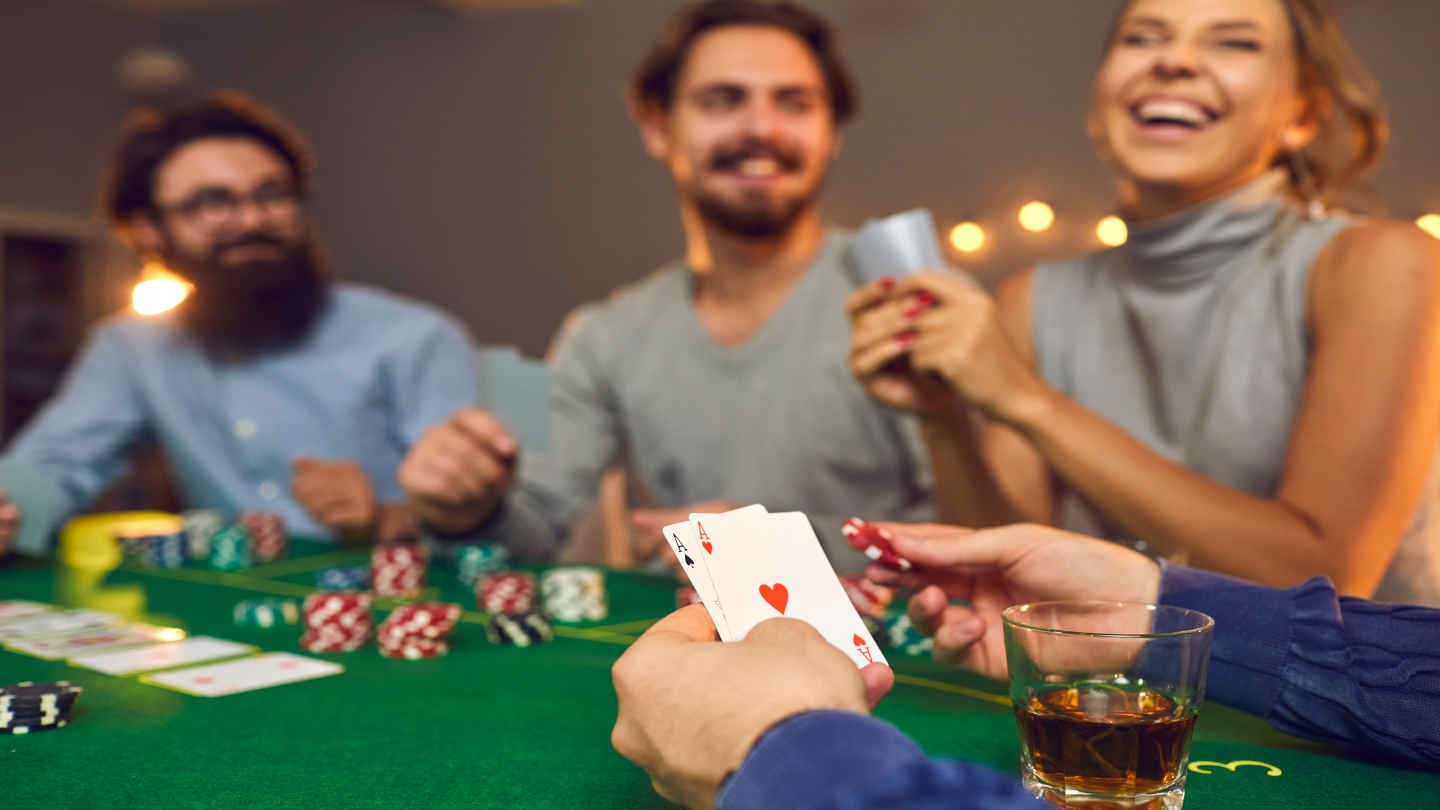Blackjack Insurance Explained – Know Your Numbers
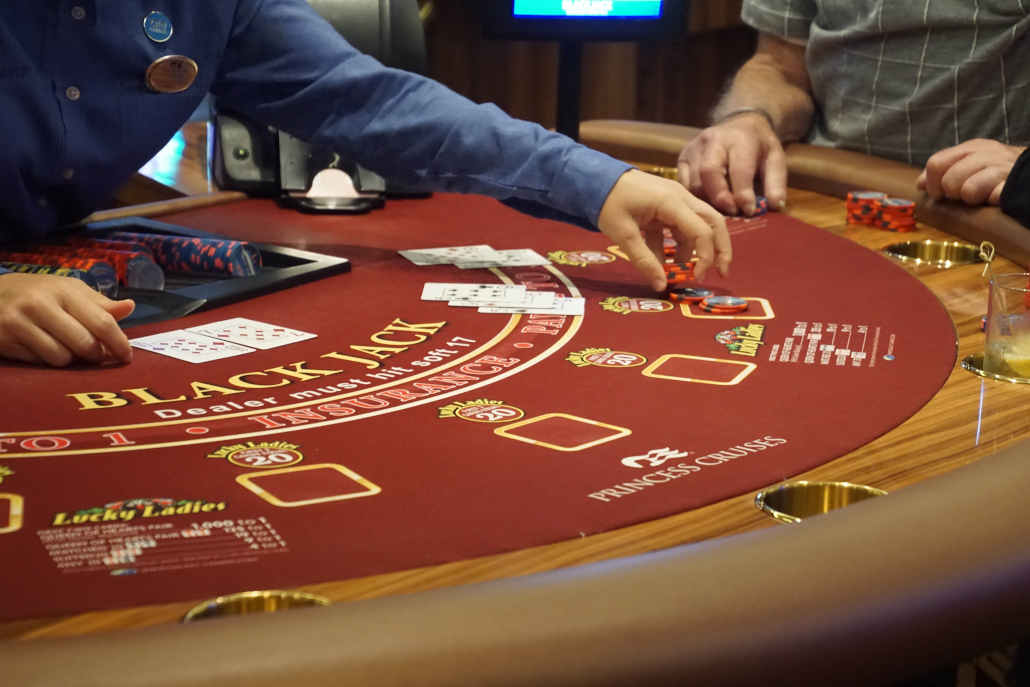
4 minutes
Last Updated: March 18, 2024
Although some might term it a necessary evil of the modern-day era, most people consider insurance as an important thing to have to save them from difficulties arising from unexpected and unforeseen events.
That perception holds true for the most part but not if we’re talking about the concept of insurance in blackjack specifically.
Even in poker games, you’ll often see people asking for insurance when all in with a better hand, looking to protect themselves against bad bets.
In blackjack, insurance is one of the most disputed bets available in the gambling world. In case you’re just starting out with blackjack, this article will tell you everything you need to know about the insurance bet and why steering clear of it will improve your odds.
The workings behind the blackjack insurance bet
Putting it in simple words, opting for an insurance bet in blackjack implies betting on the possibility of the dealer having a blackjack.
Whenever the dealer gets an ace as their face-up card, a side bet referred to as insurance becomes available to the players before the dealer's hole card is revealed.
Normally, you would see a live blackjack dealer announcing the option of taking an insurance bet to all the players at the table. Online, there’ll be a pop-up or a button appearing on the screen to avail it.
If you’re completely new to the game, you can use this simple guide to learn blackjack rules before going into more advanced concepts.
Please note, the insurance side bet gets played out independently of the main wager and normally pays out 2 to 1. In the event that the dealer’s hole card shows up as 10, and thus a blackjack, the player wins $2 for every $1 invested into the insurance bet.
On the other hand, if the dealer doesn't get a blackjack, the player loses the insurance bet, and the play resumes as normal.
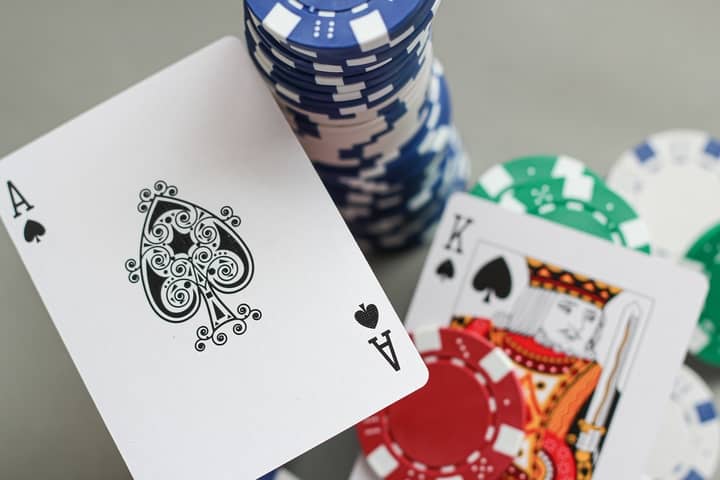
In general, you are required to bet a minimum of half of your original bet amount on the hand to get insurance. Therefore, if your original bet amount on the current hand were $20, you would need to put at least $10 for the insurance bet.
In case the player has a blackjack, they can still opt for the insurance bet (referred to as ‘taking even money’). The hand will be immediately over, and the player paid out the amount equal to their wager.
It’s highly recommended that you practice for free at Black-Jack.com to get a better understanding of this bet type.
Expected Value (EV) of the blackjack insurance bet
Although many blackjack players swear by the insurance bet, the math doesn't add up. There's a negative expected value associated with any type of an insurance bet.
Putting it differently, you are setting yourself up to lose money over the long term if you frequently opt for an insurance bet.
To understand this better, let’s look at the expected value of blackjack insurance bet compared to the expected value of bets in other casino games:
- Roulette bet of $1 on individual numbers: EV of -$ 0.053
- Blackjack insurance bet of $1: EV of -$ 0.077
- Blackjack even money bet of $1: EV of $1
- Not availing even money $1 bet: EV of $1.038
The expected value (EV) figures on the right-hand side can be read as the amount you can expect to lose or win on average for each $1 wagered.
As is evident from the above figures, opting for an insurance bet in blackjack is actually worse than betting on a random number on roulette.
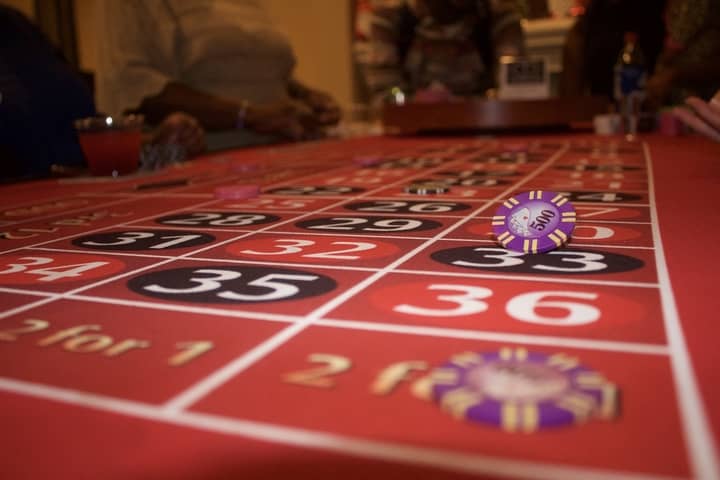
In the same way, although opting for an even money bet in blackjack is better than an insurance bet, not going for even money gives you a better winning chance in the long run.
Even though negative margins might look very small, they only reflect the expected value for a single $1 bet. Over the long term, the percentage points and decimal figures can add up fairly quickly, especially if you regularly place higher bets.
Add some drinks into the equation, like in the case of this drunken gambler, and you might find yourself going down the rabbit hole in no time!
To drive the point home, let's look at what happens if you place $20 bets per hand, taking even money bets 100 times and avoiding even money bets 100 times.
Taking an even money bet each time would make you a handsome $2,000 after those 100 hands.
But if you decide not to take even money bets the next 100 hands, you would win the same amount of money in just 66 hands (of 100).
Because there is only a 31% chance that the dealer will have a 10 as their hole card (in a 6-deck game) after drawing an ace, it’s pretty obvious that it would be most profitable to avoid taking even money bets (especially insurance) over the long term.
When insurance bet might make sense
Advantage players and card counters are exceptions to this ‘never take even money or insurance bet’ rule.
If you’re good with keeping a count, it would be fairly easy for you to make the most of the insurance bet as you’d be aware of the number of tens remaining in the shoe.
Regardless, without doing a lot of math or getting involved in card counting, it's still possible to roughly calculate if buying an insurance bet does make sense in a specific situation.
Let’s explain it with an example.
If the hands of two players are showing and none of them have a 10, it implies that 16 out of the remaining 47 cards in the deck are valued 10.
This works out to be bigger than 1 in 3 probability for the dealer to land the blackjack. Therefore, opting for an insurance bet would make sense in this situation.

Hopefully, you now know all you need to know about blackjack insurance and why it's rarely a good idea. There is some math behind it, but you should be happy that these numbers are nowhere as complex as the poker GTO strategy, for example.







